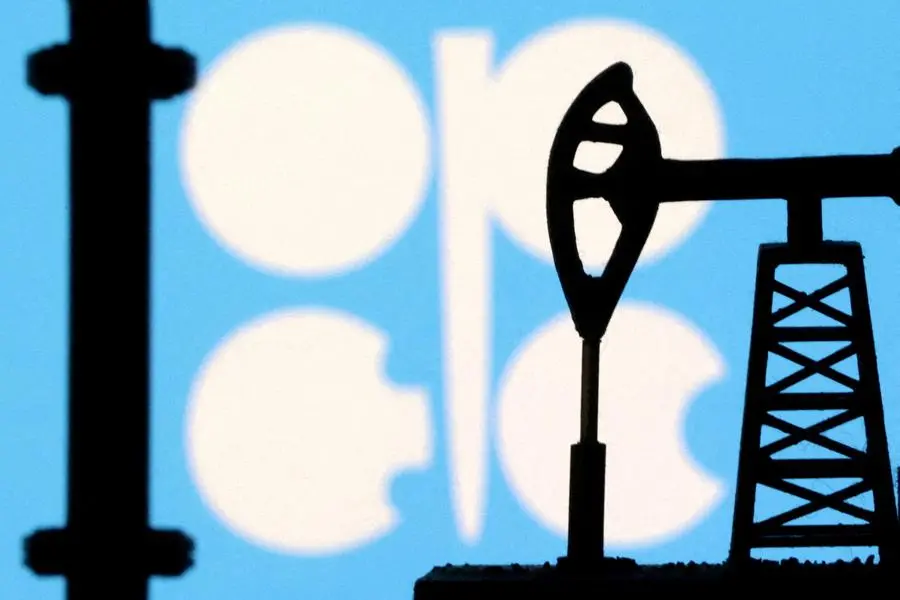PHOTO
An OPEC+ ministerial panel scheduled to meet on Wednesday is unlikely to recommend any changes to policy, allowing the group to start gradually increasing production from December, two sources from told Reuters.
Ministers from the Organization of the Petroleum Exporting Countries and allies led by Russia, or OPEC+ as the group is known, will hold an online joint ministerial monitoring committee (JMMC) at 1200 GMT.
The two sources, who declined to be identified, said Wednesday's meeting is unlikely to bring any surprises. One of them said it will reaffirm the need for member countries to comply with their production targets under the deal.
International oil prices fell below $70 a barrel in September for the first time since late 2021, but have since rallied.
This week, prices have risen around 5% to above $75 on concerns a possible escalation in the Middle East following Iran's biggest military attack yet against Israel could disrupt crude output from the region.
OPEC+ is cutting output by a total of 5.86 million barrels per day (bpd), or about 5.7% of global demand, in a series of steps agreed since late 2022.
It plans a 180,000 bpd increase in December, as part of a gradual unwinding of its most recent layer of voluntary cuts during 2025. The hike was delayed from October after prices slid.
Countries' compliance will be in focus at the meeting and in the coming weeks, particularly that of Iraq and Kazakhstan that have promised what are known as compensation cuts of 123,000 bpd in September and more in later months to make up for their previous over-production.
An OPEC+ source told Reuters last week that clarity on whether the compensation cuts were made in September would allow the December increase to go ahead.
However, a lack of compliance could prompt Saudi Arabia and others to unwind their cuts faster from December, analysts said.
"If they fail to comply, we can envision a swifter sunsetting of the voluntary cuts," Helima Croft of RBC Capital said in a report.
The JMMC, which groups the oil ministers from Saudi Arabia, Russia and other leading producers, usually meets every two months and can make recommendations to change policy. (Editing by Barbara Lewis)





















